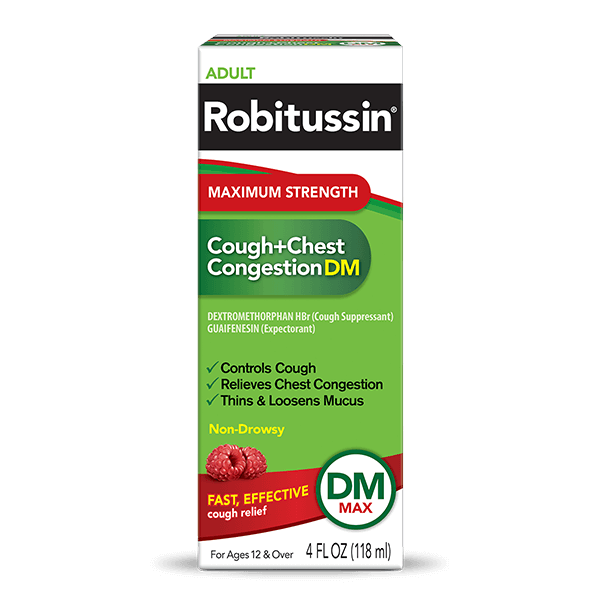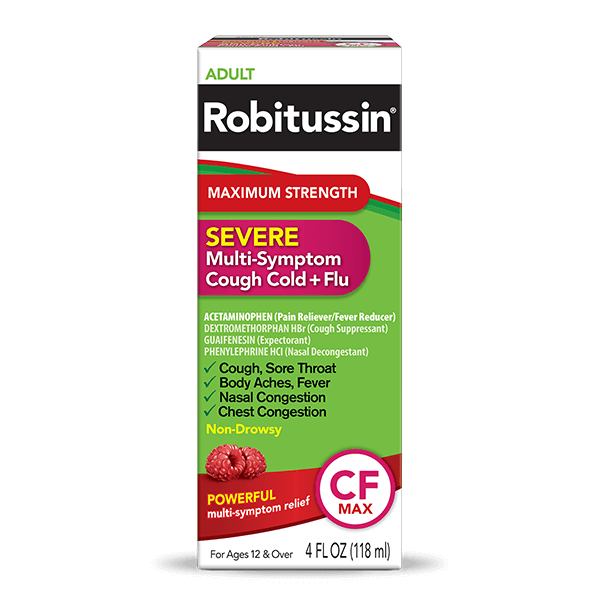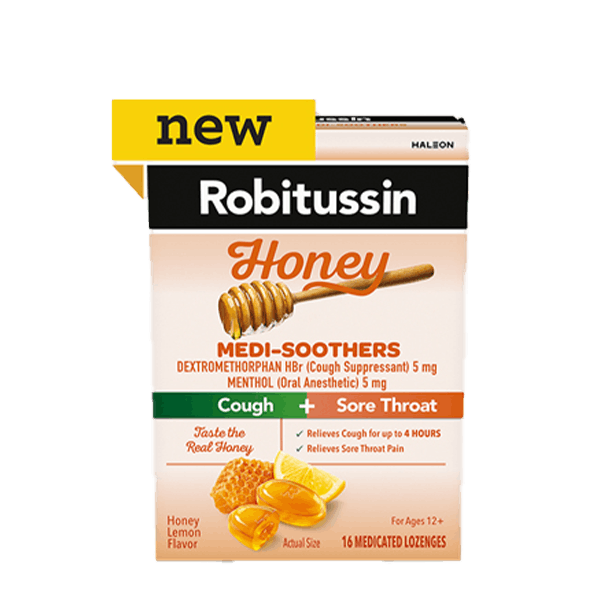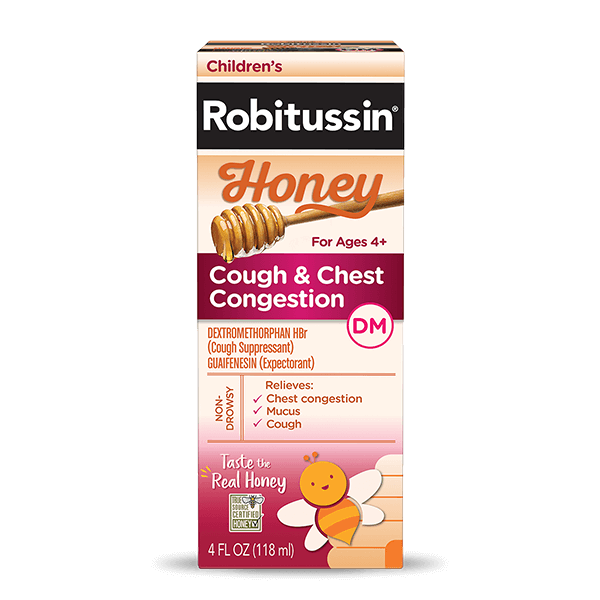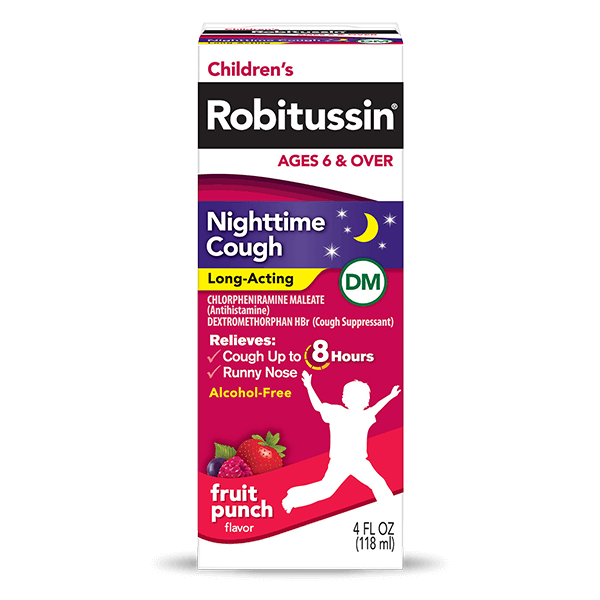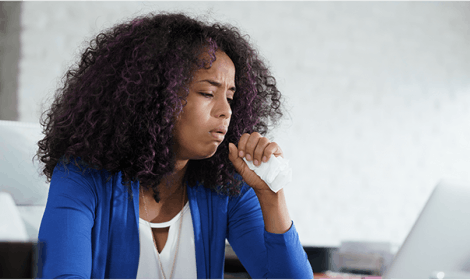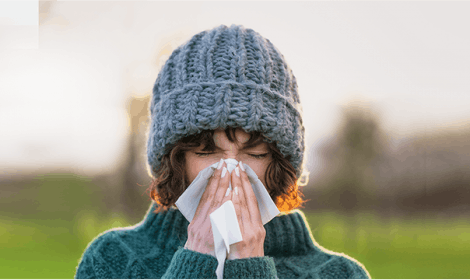Stuffy Nose at Night – Why Do I Get Congested Before Bed?
As the weather and air quality change throughout the year, you might experience symptoms of allergies or illnesses at different times of the day. These symptoms, such as coughing, sneezing and a stuffy nose, might worsen at night. A stuffy nose, or nasal congestion, occurs when the inside of your nose becomes inflamed or when it’s clogged with mucus. Keep reading to find out what’s causing you to have a stuffy nose at night and how you can relieve it before you go to bed.
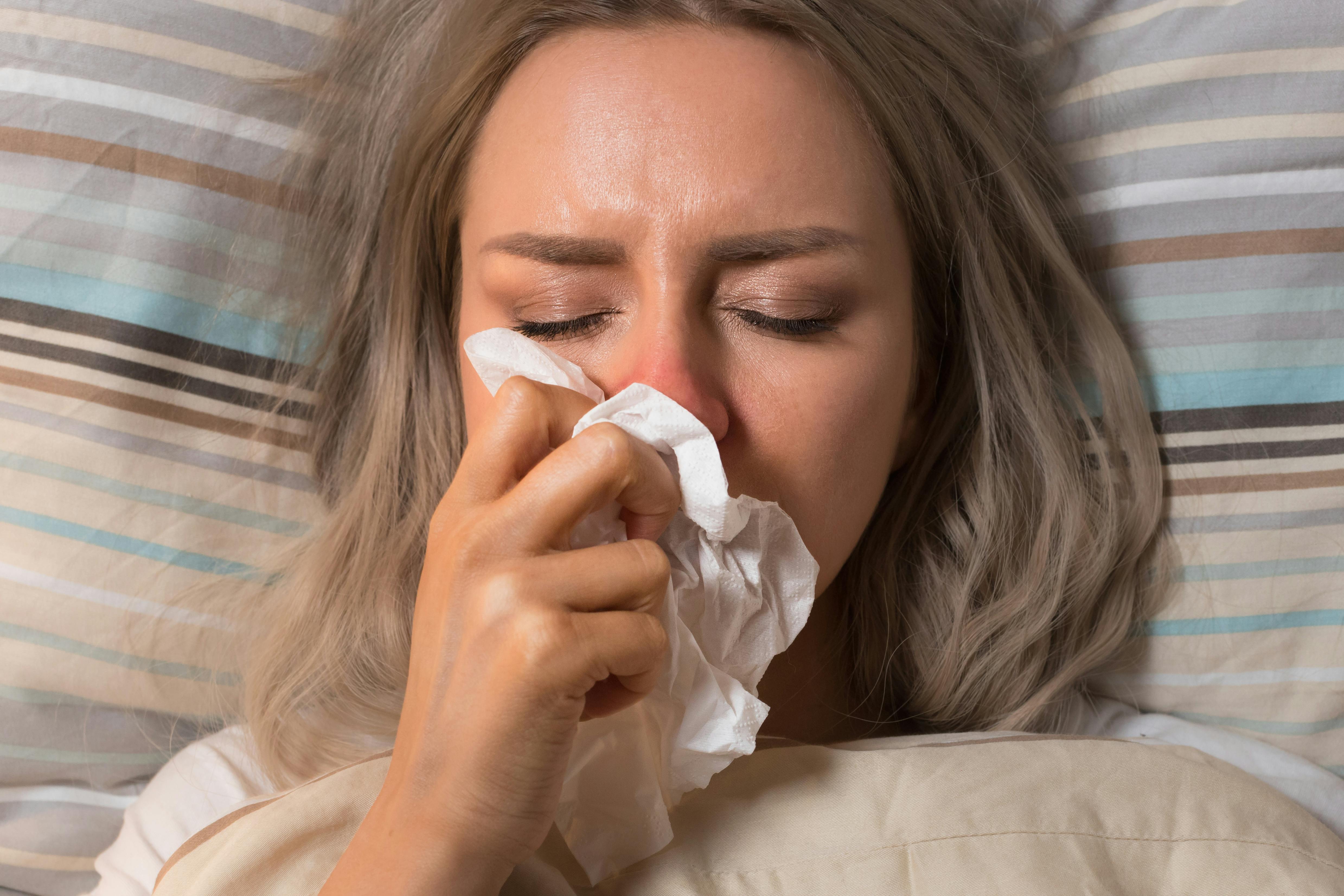
What Causes Your Stuffy Nose at Night?
If you’re feeling fine throughout the day but have a stuffy nose at night, your nasal congestion might be caused by something other than a typical cold or flu. A stuffy nose might become worse at night when the temperatures are cooler or when you lie down to sleep. Your nasal congestion could be caused by environmental or biological factors. Some of these factors are:
1. Your Head’s Position When You Lie Down
A stuffy nose can worsen when you lie down at night.1 The way you position your head and neck can create structural problems that reduce the air flowing through your nasal passages.2 Lying flat in your bed can make it tough for the sinus fluids to drain from your nose.1 The more fluids that build up in your nasal passages, the stuffier your nose will feel.
2. Poor Air Quality Where You Sleep
If your bedroom has poor air quality, it can cause you to have a stuffy nose at night. Toxic allergens such as pollen, dust mites, pet dander and mold can be present where you sleep.2,3 These allergens can exist on your bed sheets, under your bed, in and under your dressers, on your curtains and in your carpet.3
The mucus in your nose helps trap allergens.4 If your nasal passage becomes irritated, the tissue will become inflamed and may produce more mucus than usual.4,5 The excess mucus might flow to the front of your nose instead of the back of your throat like it usually does.4 The nasal swelling and excess mucus that builds up in your nasal passage is why your nose feels stuffy.4,5
3. Changes in Blood Flow When You Lie Down
Nasal congestion can worsen when you lie down.5 Lying down increases the blood flow to your head.1,5 The excess blood flow can cause the blood vessels in your nasal passage to swell.5 When the blood vessels in your nose become inflamed, your nose feels stuffy.
Ways You Can Relieve Your Stuffy Nose at Night
While a stuffy nose can make it hard to prepare for a good night’s sleep, there are things you can do to ease your nasal congestion. You can make changes to your diet and environment to reduce the chance of getting a stuffy nose at night. Things you can do to relieve your stuffy nose are:
1. Elevate Your Head When You Lie Down
Put additional pillows under your head when you lie down. The pillows can elevate your head and reduce blood flow.1 Lying down with your head and neck at an angle can use gravity to drain out sinus fluid.1
2. Use a Humidifier or Air Purifier to Improve Air Quality
Improving the air quality in your bedroom can loosen nasal congestion before you go to bed at night. Dry air will dry out the mucus that is used to trap allergens and irritants that you breathe.6Using a humidifier can moisten the dry air that’s irritating your nasal passages.1 The added moisture will help keep the mucus in your nose loose.1
You can reduce the allergens in your bedroom by using an air purifier.1 The filters in purifiers can trap dust, pollen and pet dander that are floating in the air.1
Air purifiers might not trap the allergens that are present in other areas of your bedroom. Wash your pillowcases and bed sheets to limit the allergens that are present where you lay your head.3 Dust the surfaces of furniture in your bedroom such as dressers, headboards and television stands.3 Mop your hardwood floors and vacuum your carpet to limit allergens the air purifier might not catch.3
3. Stay hydrated throughout the day
You lose some of your body fluids every time you breathe.6 Dry air can decrease even more of your body’s fluids by taking the moisture from your skin, throat and nose.6 Staying hydrated throughout the day can ensure you have enough bodily fluids before you go to bed at night.6 The fluid in your body can keep the lining of your nasal passage moist and will help loosen the mucus in your nose.1,6
4. Use Over-the-Counter Products that Relieve Nasal Congestion
There are over-the-counter products that can help open your nasal passages and moisten the tissue in your nose. Nasal strips, nasal saline rinse and nasal sprays can help loosen the mucus in your nose and reduce the congestion.1
Over-the-counter medications such as Robitussin Cough & Cold syrup contain nasal decongestant ingredients to help relieve your stuffy nose at night. Nasal decongestants shrink the swelling of the blood vessels in your nose when the nasal passages are inflamed.4
When to See a Doctor
A stuffy nose usually goes away on its own, but there are cases where your symptoms might need medical attention. You should consult a healthcare provider about your stuffy nose if:1,2
- It lasts more than 10 days.
- Your nose secretions are green or yellow with a bad smell.
- Your nose secretions contain blood.
- You have a fever.
- You have a headache or pain in your face.
- Your stuffy nose gets worse and impacts your quality of sleep.
The above factors might be indicators of other problems, such as a sinus infection, a nasal mass or a deviated septum.1
Summary of How to Relieve Your Stuffy Nose at Night
Your stuffy nose at night can be caused by different factors such as a cold, flu, allergens, increased blood flow or dehydration. You can reduce the blood flow to your head by putting extra pillows under your head and neck when you lie down. Drinking fluids throughout the day can keep your nasal passages moist and the mucus loose at night. Limiting the allergens in your bedroom can help reduce your nose stuffiness.
You can also use over-the-counter medications such as Robitussin products to help ease your stuffy nose at night.
Source Citations:
- **True Source Honey is ethically and transparently sourced. Click here to learn more
- ^Read more about our non-GMO standard. here
- ⚬This product contains the active ingredients Dextromethorphan.
- **This product contains the active ingredients Dextromethorphan and Guaifenesin.
- *These statements have not been evaluated by the Food and Drug Administration. This product is not intended to diagnose, treat, cure or prevent any disease.
- Use as Directed.
